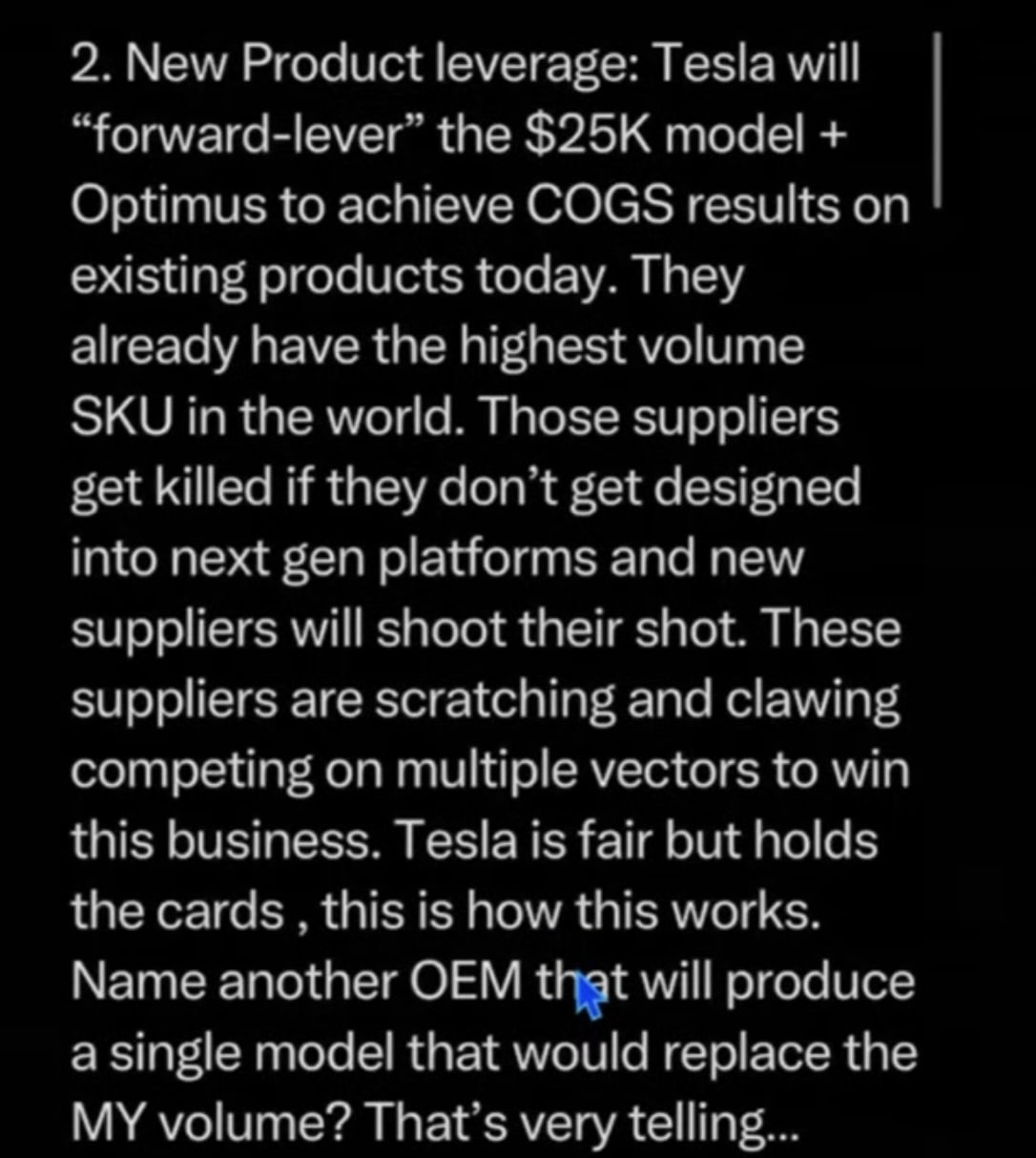China's Impact On BMW And Porsche: Market Slowdown And Strategic Adjustments

Table of Contents
The Chinese Market Slowdown: A Deep Dive
The Chinese luxury car market, once a high-growth engine for BMW and Porsche, has faced considerable headwinds in recent years. This slowdown is a complex issue with several interconnected causes. Analyzing sales figures reveals a noticeable decline for both brands, prompting a deeper investigation into the underlying factors.
-
Declining Sales Figures: While precise figures fluctuate, reports indicate a significant decrease in sales for both BMW and Porsche in the Chinese market compared to previous years of robust growth. This decline isn't isolated to these two brands; it reflects a broader trend within the luxury segment.
-
Macroeconomic Factors: China's economic growth has slowed, impacting consumer spending and confidence. The lingering effects of the COVID-19 pandemic, coupled with geopolitical uncertainties, have further dampened consumer sentiment and reduced overall demand for luxury goods, including automobiles.
-
Changing Consumer Preferences: Chinese consumers, particularly younger generations, are increasingly discerning and demanding. They are seeking innovative features, advanced technologies, and strong brand narratives that resonate with their values. The traditional appeal of established luxury brands is being challenged by the rise of domestic competitors.
-
Government Regulations: The Chinese government has implemented various regulations aimed at promoting sustainable development and reducing emissions in the automotive sector. These regulations impact vehicle production, sales, and overall market dynamics, adding another layer of complexity for international players.
BMW's Strategic Adjustments in China
Facing the slowdown, BMW has implemented a multi-pronged strategy to regain momentum in the Chinese market. This approach emphasizes localization, electric vehicle (EV) development, and targeted marketing campaigns.
-
Localization Strategy: BMW has significantly increased its investment in local production and R&D facilities within China. This move aims to enhance its understanding of the local market and reduce manufacturing costs, allowing for more competitive pricing.
-
Electric Vehicle Push: Recognizing the growing demand for EVs in China, BMW is aggressively expanding its electric vehicle lineup, introducing models specifically tailored to Chinese consumer preferences. This includes investing heavily in charging infrastructure and promoting the advantages of its EVs.
-
Marketing and Brand Building: BMW is employing sophisticated marketing campaigns to strengthen its brand image and connect with Chinese consumers on a deeper level. This includes leveraging digital platforms and engaging in targeted social media initiatives.
-
Dealership Network Optimization: BMW is optimizing its dealership network, improving customer service, and enhancing the overall buying experience to maintain its competitive edge. This includes training staff to understand the unique needs and preferences of Chinese customers.
Porsche's Response to the Chinese Market Challenges
Porsche, known for its iconic sports cars, is adapting its strategy to the Chinese market by focusing on specific vehicle segments, digital marketing, and enhancing customer service.
-
SUV Focus: Recognizing the immense popularity of SUVs in China, Porsche has expanded its SUV offerings, providing models tailored to the preferences of Chinese consumers. This strategic shift has proven crucial in maintaining sales amidst the market slowdown.
-
Digital Marketing Prowess: Porsche is utilizing advanced digital marketing techniques to reach a younger, tech-savvy demographic in China. This involves leveraging social media, online platforms, and targeted advertising campaigns to connect with potential customers.
-
Customer Experience Enhancement: Porsche is investing heavily in after-sales service and customer experience, aiming to create a premium and personalized experience for its Chinese clientele. This reflects a commitment to long-term customer loyalty.
-
Brand Positioning: Porsche continues to emphasize its premium brand image and heritage, while simultaneously adapting to evolving market trends and the preferences of the Chinese consumer. This delicate balance is key to its continued success.
Increased Competition from Chinese Automakers
The rise of domestic Chinese automakers poses a significant challenge to established luxury brands like BMW and Porsche. These domestic players are rapidly innovating, producing high-quality vehicles at competitive prices, and challenging the dominance of international brands.
-
Technological Advancements: Chinese EV manufacturers are making significant strides in battery technology, autonomous driving features, and connected car capabilities. This technological prowess is making their vehicles increasingly appealing to Chinese consumers.
-
Price Competitiveness: Many Chinese brands offer comparable features and performance at lower price points than their international counterparts, making them a compelling option for price-sensitive consumers.
-
Addressing the Competition: BMW and Porsche are responding to this challenge by focusing on their brand heritage, technological innovation, and premium customer experience. They are also working to enhance the localization of their products and services to better cater to the needs of the Chinese market.
Conclusion
China's impact on BMW and Porsche is undeniable. The slowdown in the Chinese automotive market has forced these luxury brands to implement strategic adjustments to maintain their market share and profitability. Their responses, ranging from localization strategies and EV pushes to digital marketing initiatives and customer experience enhancements, highlight the importance of adaptability and responsiveness in a dynamic market. The increasing competition from ambitious Chinese automakers further underscores the need for ongoing innovation and strategic planning. Understanding China's impact on BMW and Porsche is crucial for anyone following the future of the luxury automotive industry. Stay informed on the latest developments in the Chinese market and the evolving strategies of these global giants, as their success in China will continue to shape the global automotive landscape.

Featured Posts
-
 Bucking Fastard Werner Herzogs New Film With A Sisterly Cast
Apr 27, 2025
Bucking Fastard Werner Herzogs New Film With A Sisterly Cast
Apr 27, 2025 -
 Ariana Grandes Hair And Tattoo Changes When To Seek Professional Guidance
Apr 27, 2025
Ariana Grandes Hair And Tattoo Changes When To Seek Professional Guidance
Apr 27, 2025 -
 Remember A Happy Day February 20 2025
Apr 27, 2025
Remember A Happy Day February 20 2025
Apr 27, 2025 -
 Ariana Grandes New Hair And Tattoos Seeking Professional Help
Apr 27, 2025
Ariana Grandes New Hair And Tattoos Seeking Professional Help
Apr 27, 2025 -
 Tesla Tsla Increases Canadian Prices To Clear Pre Tariff Inventory
Apr 27, 2025
Tesla Tsla Increases Canadian Prices To Clear Pre Tariff Inventory
Apr 27, 2025
